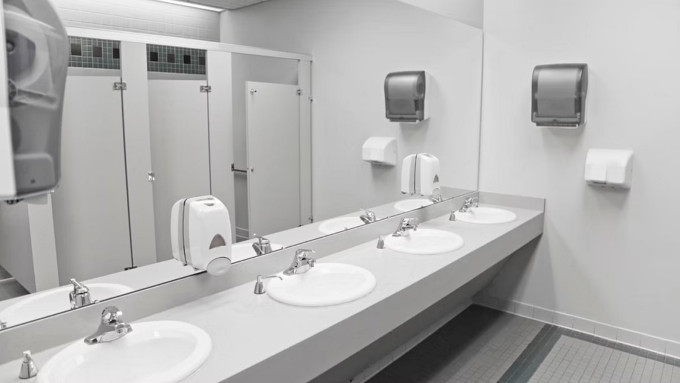Water crisis hits Delhi amid record-breaking heatwave; AAP govt warns against water wastage: Here’s what you can do
Delhi sizzles under record-breaking heat, with some areas experiencing temperatures reaching a scorching 49.9 degrees Celsius. However, amidst the heatwave, the city is heading towards a serious water crisis. Water Minister Atishi issued a stark warning, urging residents to conserve water.
“Even today, I saw in many residential areas of South Delhi, water is flowing in the driveways outside people’s houses due to washing of vehicles. My appeal to everyone is that you should not wash vehicles this way,” Atishi declared at a press conference. “If this public appeal does not work in the next one or two days, it is possible that we may have to impose a challan on excess usage of water.”

Delhi relies heavily on neighbouring states like Haryana and Uttar Pradesh to meet its growing water demands. Atishi emphasised the urgency of water conservation, urging residents to adopt responsible practices.
While large-scale solutions are crucial, individual efforts also play a significant role. Here’s how you can become a water warrior and make a difference, right from your home:
In the bathroom
Shorter showers are sweeter: Swap long, luxurious showers for quick, efficient ones. Aim for 5 minutes or less. Especially as prolonged exposure to hot water can exacerbate dehydration, which is already a significant risk during extreme heat, according to Dr Vinit Banga, associate director-Neurology, BLK MAX Hospital.
Turn off the tap while brushing: Don’t let the water flow freely while brushing your teeth. Wet your brush, turn off the tap, brush, and then rinse.
Do flush always: Though a simple Google search might advise not flushing your toilet to save water, this can have health consequences, according to Dr Rakesh Gupta, senior consultant-Internal Medicine, Indraprastha Apollo Hospitals.
 “It can directly compromise hygiene standards and increase the risk of bacterial proliferation and infections, especially urinary tract infections in vulnerable populations like women,” Dr Gupta said. (Representational Photo)
“It can directly compromise hygiene standards and increase the risk of bacterial proliferation and infections, especially urinary tract infections in vulnerable populations like women,” Dr Gupta said. (Representational Photo)
In the kitchen
Full loads only: Only run your dishwasher or washing machine when they are completely full. According to Dr Gupta, excessive and unnecessary laundering of garments not only squanders water resources but also contributes to the release of harmful chemicals and microplastics into water systems, potentially disrupting delicate ecosystems and contaminating our water supply. “This issue can have severe repercussions on public health over time, as contaminated water supplies can lead to the spread of waterborne illnesses and other health hazards.”
Thaw food safely: Don’t waste water by letting frozen food thaw under a running tap. Plan ahead and thaw in the refrigerator or use the defrost setting on your microwave.
Wash fruits and vegetables in a bowl: Fill a bowl with clean water to wash produce instead of letting the tap run continuously. Dr Gupta recommended optimising produce cleaning methods by soaking in vinegar or baking soda solutions.
Outdoor conservation
Embrace the broom: Ditch the hose and pocha and use a broom to sweep your driveway or walkways.
Water wisely: Water your lawn and plants only during the cooler morning or evening hours to minimise evaporation. Consider drought-resistant plants that require less water.
Reuse water: Collect rainwater in a barrel to use for watering plants or washing your car (with a bucket, not a hose!).
Disclaimer: The copyright of this article belongs to the original author. Reposting this article is solely for the purpose of information dissemination and does not constitute any investment advice. If there is any infringement, please contact us immediately. We will make corrections or deletions as necessary. Thank you.
